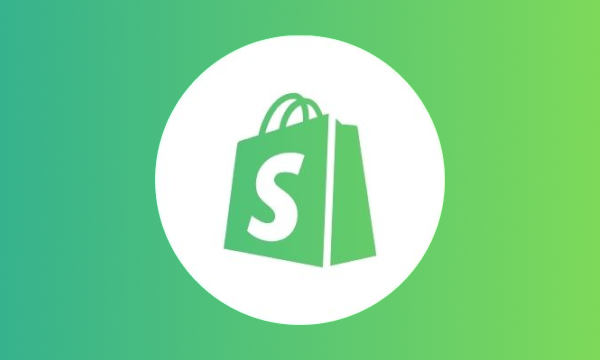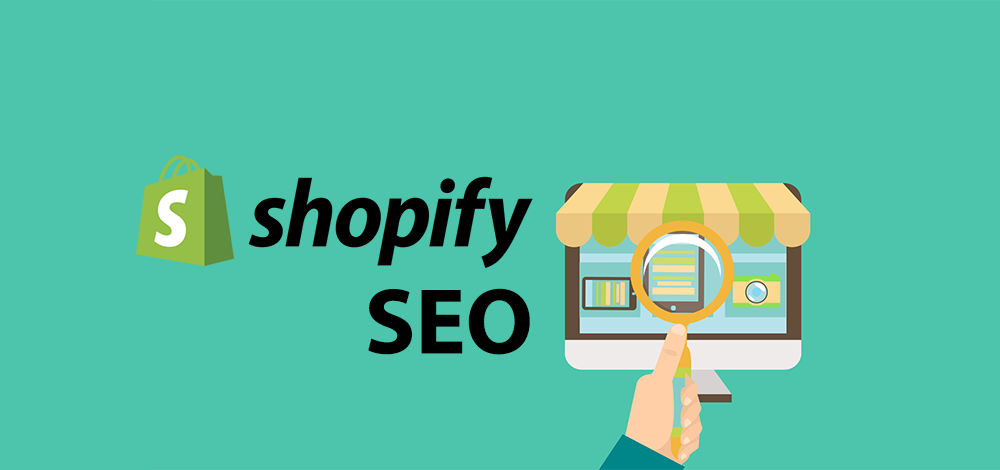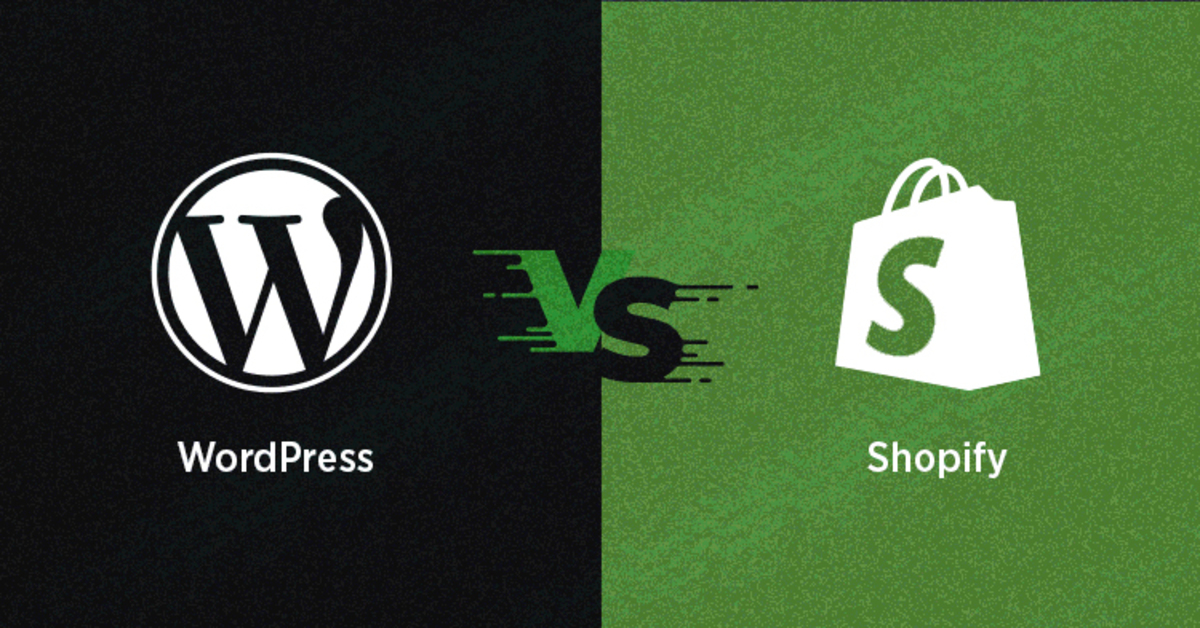Shopify vs BigCommerce: Which Platform Is Best for Your Online Store in 2024?
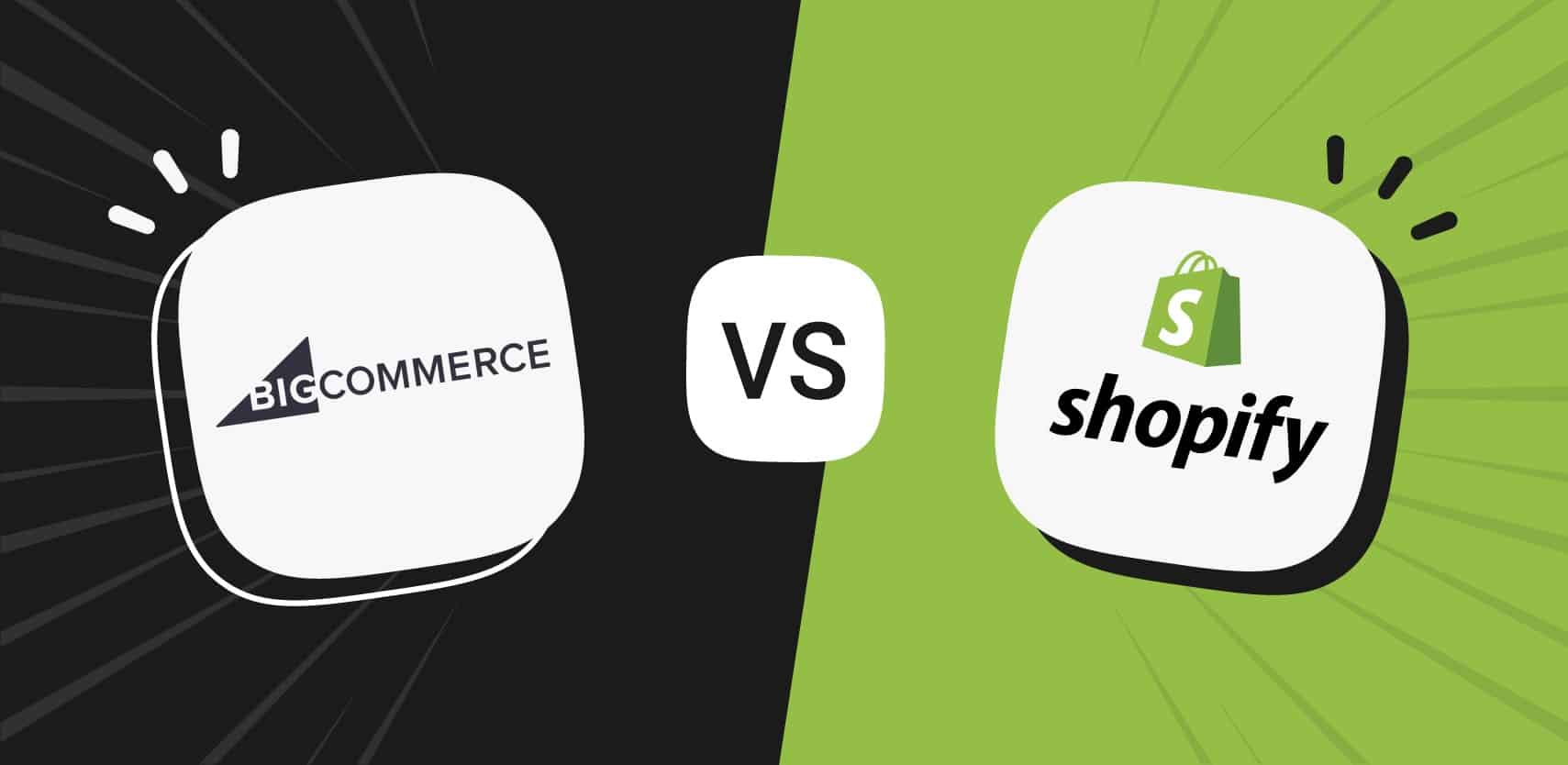
When it comes to choosing the best e-commerce platform for your online store, the decision can be overwhelming due to the availability of many options in the market. Shopify vs Bigcommerce stands as the top two contenders for your e-commerce business needs, but deciding between them is as challenging as finding a needle in the haystack.
Both platforms are focused solely on the e-commerce industry and serve similar purposes by providing merchants with expert tools to set up an online e-commerce store. However, the key differences include the targeted customers, pricing models, in-built features, and more. Understanding these key differences will help you make an informed decision about whether to choose Shopify or Bigcommerce.
Apart from this, your business requirements are what help you make your decision. These considerations include what type of product you’re selling, your staff size, and other requirements. So, without wasting much time, let’s start this comprehensive comparison guide to Shopify vs BigCommerce.
Key Statistics to Know about Shopify vs Big Commerce
- Shopify stands 4th among top e-commerce platforms in terms of market share, with approximately 10.32% in 2024. (Source: Yaguara)
- In 2023, 675 million people shopped from the Shopify stores. (Source: Backlinko)
- Shopify dominates the US market by powering over 2,535,125 websites, accounting for nearly 17% of the e-commerce usage distribution in the region. (Source: BuiltWith)
- As a direct competitor of Shopify, Big Commerce witnessed revenue of $281 million in 2022. (Source: ConnectPOS)
- BigCommerce powers nearly 150 stores and has 60,000 active users. (Source: ConnectPOS)
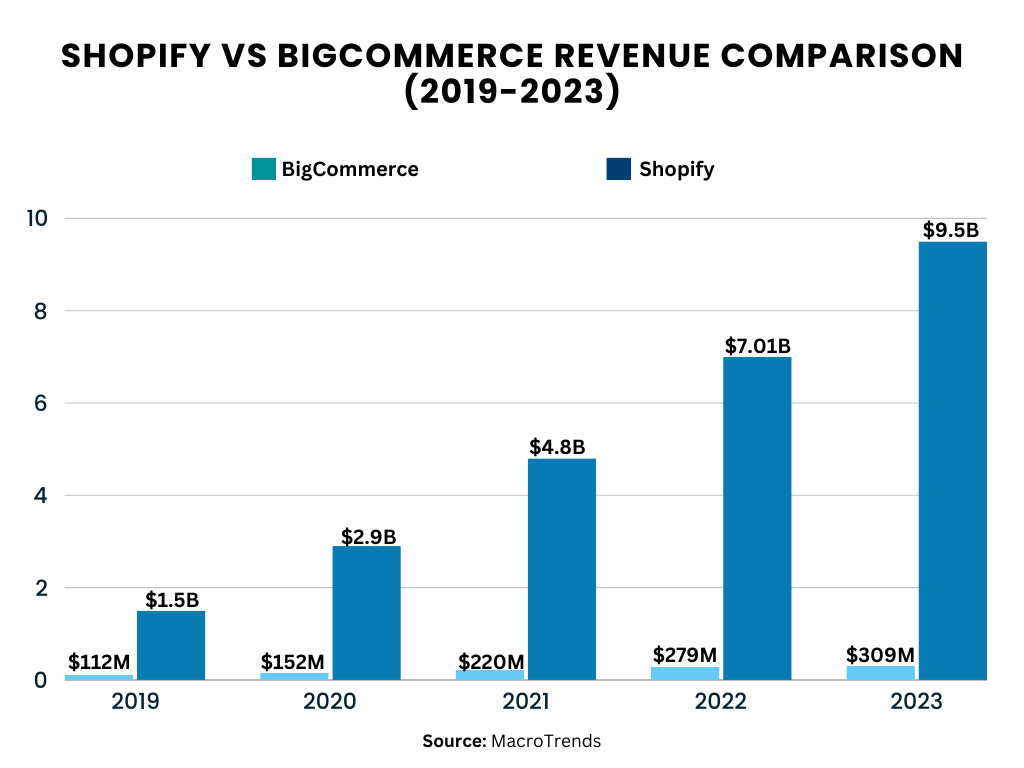
Now that you have understood the potential of Shopify vs Bigcommerce, let us introduce you all to the basics of these platforms so you know them better.
What Is Shopify?
Shopify is a popular software-as-a-service (SaaS) platform that allows e-commerce businesses to set up and manage an online store. It is a subscription-based e-commerce platform that lets merchants sell products through one streamlined dashboard.
At the same time, Shopify merchants can sell products on their online store, seller marketplace, though blogs and websites, and via email, text, and chat. Shopify also allows in-person selling through retail stores, pop-up stores and market sales by using its point-of-sale (POS) payment systems.
What Is BigCommerce?
BigCommerce is a leading e-commerce platform that works similarly to Shopify, offering the tools and features required to set up and manage an online store. Its extensive customization options and user-friendly interface are what make it stand out in the e-commerce industry.
As the platform is based on a SaaS business model, the revenue comes directly from subscriptions paid by merchants to build and manage their online e-commerce store.
Key Differences Between Shopify vs BigCommerce
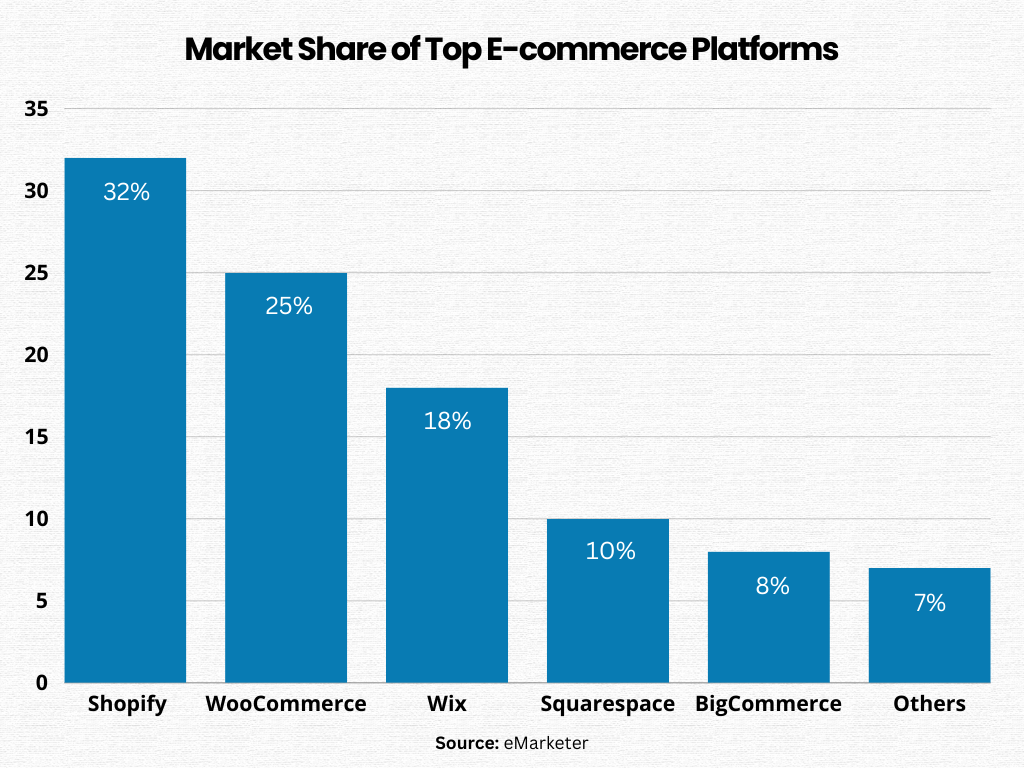
Struck between which e-commerce platform to choose between, Shopify vs BigCommerce? Here’s a detailed comparison that will help you make an informed decision:
Ease of Use & Dashboard
Nobody likes a complex user interface when it comes to selling products online, especially when you are a beginner. Therefore, whatever e-commerce platform you choose, it should be user-friendly and have a well-organized dashboard.
Shopify
Shopify Dashboard is quite popular among merchants due to the extreme simplicity it offers. Setting a store on Shopify doesn’t require coding skills. There is an easy drop-and-drag editor that lets users build a professional-looking e-commerce store quickly.
While both Shopify vs BigCommerce offer guided setup processes, Shopify’s setup wizard is what gains it the upper hand. You can build your online store step-by-step with instructions. From choosing a theme to integrating payment gateways and choosing shipping options, everything is guided well. Talking about customer support, both platforms extend support through email, chat, and phone.
BigCommerce
![BigCommerce - [Complete 2024 Updated Guide]](https://www.clickpost.ai/hubfs/featured%20images/Updated%20blog%20banner%20images%20Mar%2022/BigCommerce.webp#keepProtocol)
Similar to Shopify, BigCommerce offers a user-friendly interface but with more advanced customization options and features. Compared to Shopify, BigCommerce has a steeper learning curve. Meanwhile, the platform offers greater flexibility in controlling the store’s design and functionalities.
At the same time, the BigCommerce setup process is quite simple and requires a bit more time to configure the e-commerce store. Its backend navigation is slightly complex in comparison to Shopify.
Pricing

Both Shopify vs BigCommerce are subscription-based platforms; let’s find out which platform fits your budget.
Shopify
The platform offers subscription plans for various business sizes, from startups to established businesses. The pricing plans start at $9 per month for their Lite plan. At the same time, Shopify offers three other plans to choose from, including
- Basic – $29/month
- Shopify – $79/month
- Shopify Advanced – $299/month
The platform also offers a 14-day free trial, so you can try out the platform before you buy. There are extra fees if you don’t use their own payment system.
BigCommerce
BigCommerce has plans that can grow with your business, priced from $39 per month for their Standard plan to custom pricing for their Enterprise plan. Similar to Shopify, they also have a free trial (15 days in this case).
Ultimately, the best platform for your specific business needs and budget depends on these factors. Both Shopify and BigCommerce offer a good range of features and are worth considering.
Design and Customization
Shopify and BigCommerce both offer themes to design your online store, but they cater to different needs.
Shopify
Shopify boasts a vast selection of free and paid themes covering various styles and industries. You can easily customize these themes using their Theme Editor. This user-friendly tool lets you change colors, fonts, and layouts to create a unique look for your store.
However, you might need coding knowledge or a web designer’s help for more advanced changes. If you’re comfortable with code, Shopify’s Liquid templating language allows for deep customization.
BigCommerce
BigCommerce themes are all mobile-friendly and conversion-optimized. They also provide more options for experienced coders. With access to HTML/CSS and their Stencil framework, users can significantly modify theme code for a highly customized design.
BigCommerce uses Handlebars for templating, offering similar power to Shopify’s Liquid, but it might be slightly trickier to learn.
App and Integration Ecosystem
Both Shopify and BigCommerce let you add extra features to your online store using third-party apps. Here’s how they stack up:
Shopify
Shopify has a massive app store with thousands of options, like marketing tools, sales boosters, inventory trackers, and customer service helpers.
This huge selection lets you tailor your store exactly how you want it. Plus, all the apps go through a tough review process, so you know they’re reliable and secure. There are free and paid apps to fit any budget and business size.
BigCommerce
BigCommerce’s app store might not be as overflowing as Shopify’s, but it still offers a good range of apps. You’ll find tools for marketing, data analysis, shipping, payments, and more. It covers the core features you need to run your store smoothly.
Just like Shopify, BigCommerce keeps quality high with secure and dependable apps. They have free and paid options as well, so you can find what you need without breaking the bank.
SEO Capabilities
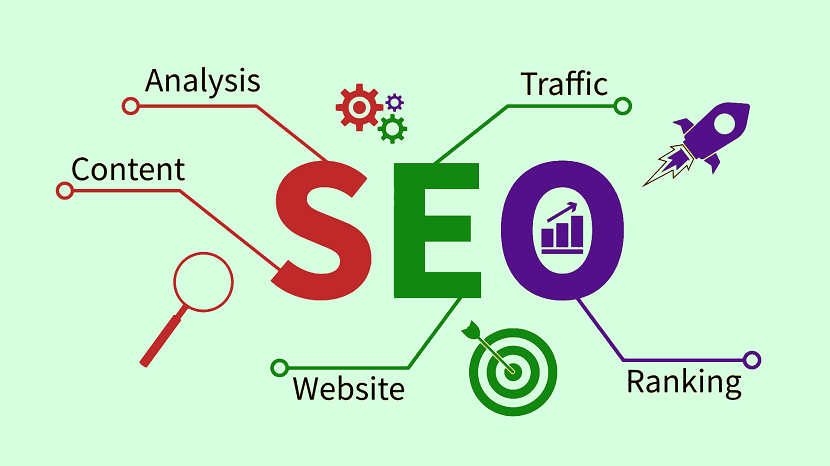
Both Shopify and BigCommerce are popular options for building online stores, and they both offer features to help you get found in search engines. Here’s a breakdown of what each platform does:
Shopify
Shopify’s platform is built with SEO in mind, clean code, and a clear structure that search engines love. You can customize title tags, meta descriptions, and URLs for your product pages and blog posts, making them relevant to what customers are searching for.
Shopify provides features like adding headings and alt text to images, which helps search engines understand your content. It also automatically generates sitemaps, which act as a roadmap for search engines to find all your important pages.
Shopify’s App Store has a wide selection of SEO apps that can further optimize your optimization. These apps can help with advanced keyword research, add schema markup to your pages, and even provide automated SEO audits.
BigCommerce
BigCommerce offers a well-structured platform that’s easy for search engines to crawl and understand. The platform allows you to rewrite URLs, which means you can include relevant keywords directly in the web address.
You have complete control over individual pages, letting you optimize meta descriptions, headings, and image alt tags for each product or blog post.
Shopify makes it easy to get started with SEO thanks to its built-in features and user-friendly interface. But if you need more control over your URLs and a wider range of SEO tools, BigCommerce might be a better fit.
Security and Performance
When it comes to running an online store, security is a top concern. Both Shopify and BigCommerce take this seriously and offer features to keep your business and your customer’s information safe.
Both platforms employ SSL encryption, which protects all information flowing between your store and your customers. This ensures that sensitive data, like credit card details, stays confidential during online transactions.
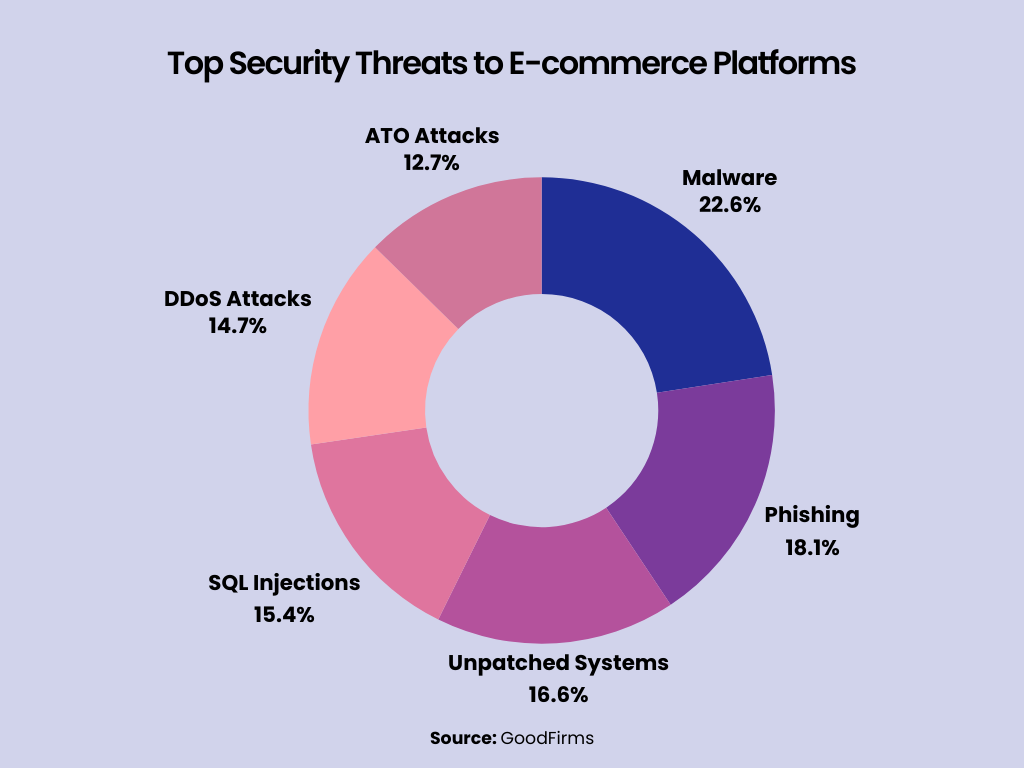
Just like updating your phone’s software, Shopify and BigCommerce are constantly updated to patch any weaknesses and keep their systems secure. This helps prevent security breaches and keeps your store safe from online threats.
Both Shopify and BigCommerce are PCI DSS Level 1 certified. It means they follow strict guidelines to ensure customer payment information is handled safely and according to the highest industry standards.
Payment Gateways and Transaction Fees

Both BigCommerce vs Shopify offer a long list of accepted payment options and charge a transaction fee based on the plan you choose.
Shopify
When it comes to accepting payments online, Shopify offers you a variety of choices. You can use their own built-in system called Shopify Payments or pick from over 100 other popular payment gateways like PayPal, Stripe, and more. This gives you the freedom to choose what works best for you and your customers.
Shopify charges transaction fees on sales unless you use Shopify Payments. These fees depend on your Shopify plan and range from half percent to two percent per transaction on their basic plans. Higher-tier plans typically waive these fees.
BigCommerce
BigCommerce also offers a variety of payment gateways, including some familiar names like PayPal, Stripe, and Square. They even include regional and international options to suit your specific customer base.
Unlike Shopify, BigCommerce doesn’t charge extra transaction fees on top of what the payment gateways charge. However, it’s important to remember that these gateways may have their own fees, so be sure to check with them directly.
Scalability and Performance
Both Shopify and BigCommerce are strong options for businesses looking to build an online store. They offer scalability, meaning they can handle your growth as your business expands.
Shopify
Shopify has different plans, from Basic to Advanced, with a special Shopify Plus plan for large businesses. This variety allows you to choose the features you need at each stage of your growth. The platform prioritizes fast-loading pages through reliable hosting, global content delivery networks (CDNs), and smart caching technologies.
BigCommerce
Similarly, BigCommerce offers Standard, Plus, and Pro plans to match your business size. The platform also supports reliable hosting, global content delivery networks (CDNs), and smart caching technologies.
Multichannel Selling
Shopify and BigCommerce both help you sell across multiple channels to reach more customers. This means you can sell on popular online marketplaces like Amazon and eBay, and even social media platforms like Facebook and Instagram. You can manage everything from a single dashboard, so you don’t have to log in to different places to keep track of inventory, orders, and listings.
Shopify
Shopify also lets you sell in person with their point-of-sale system. This means you can take your business offline to pop-up shops or brick-and-mortar stores, and everything will still be connected to your online store.
BigCommerce
BigCommerce offers similar features, letting you sell on Amazon, eBay, and other marketplaces, as well as social media. It also allows for a separate online and in-person setup, giving you more control over how your products are presented on different channels. But no matter which platform you choose, both give you the tools to track sales and inventory across all your channels, making it easier to run your business.
Shopify vs BigCommerce: Which One Should You Choose?
Choosing between Shopify and BigCommerce depends on your experience level and business needs. Shopify is ideal for beginners with its user-friendly interface and vast app store to add features as you grow.
Meanwhile, BigCommerce offers more built-in functionality, making it cost-effective for larger businesses but with a steeper learning curve.
If you prioritize SEO and extensive product variations, BigCommerce should be your top choice. For lower transaction fees on high-volume sales, Shopify wins. Ultimately, both platforms are powerful. Consider your budget, technical comfort, and future growth plans to make the best call.
FAQs
Which is Better, BigCommerce or Shopify?
There’s no single “better” platform, as it depends on your needs. Shopify is easier to use for beginners, while BigCommerce offers more features for established businesses.
Should I Switch from BigCommerce to Shopify?
If Shopify’s user-friendliness outweighs the features you use in BigCommerce, you should consider switching immediately. If you’re comfortable with BigCommerce and its functionality meets your needs, switching might not be necessary.
Why Not Use BigCommerce?
Due to its steeper learning curve, BigCommerce may not be ideal for beginners. If you need a platform with the lowest transaction fees on high-volume sales, Shopify might be a better fit.
Who is BigCommerce Best For?
BigCommerce is well-suited for established businesses that need a scalable platform with built-in features and extensive product variations.
Categories
Top Posts
- 110 Best Shopify Review Apps to Increase User’s Trust
Shopify.July 24, 2024
- 2Top 10 Shopify Competitors That Are Outperforming This E-commerce Giant in 2024
Shopify.July 22, 2024
- 3Is Shopify Good for SEO? (Detailed Pros and Cons)
Shopify.July 18, 2024
- 4What is Shopify? All You Need to Know About This E-commerce Platform
Shopify.July 15, 2024
- 5The Complete Shopify SEO Checklist to Boost Your Store Rankings (Guide for 2024)
Shopify.July 3, 2024

